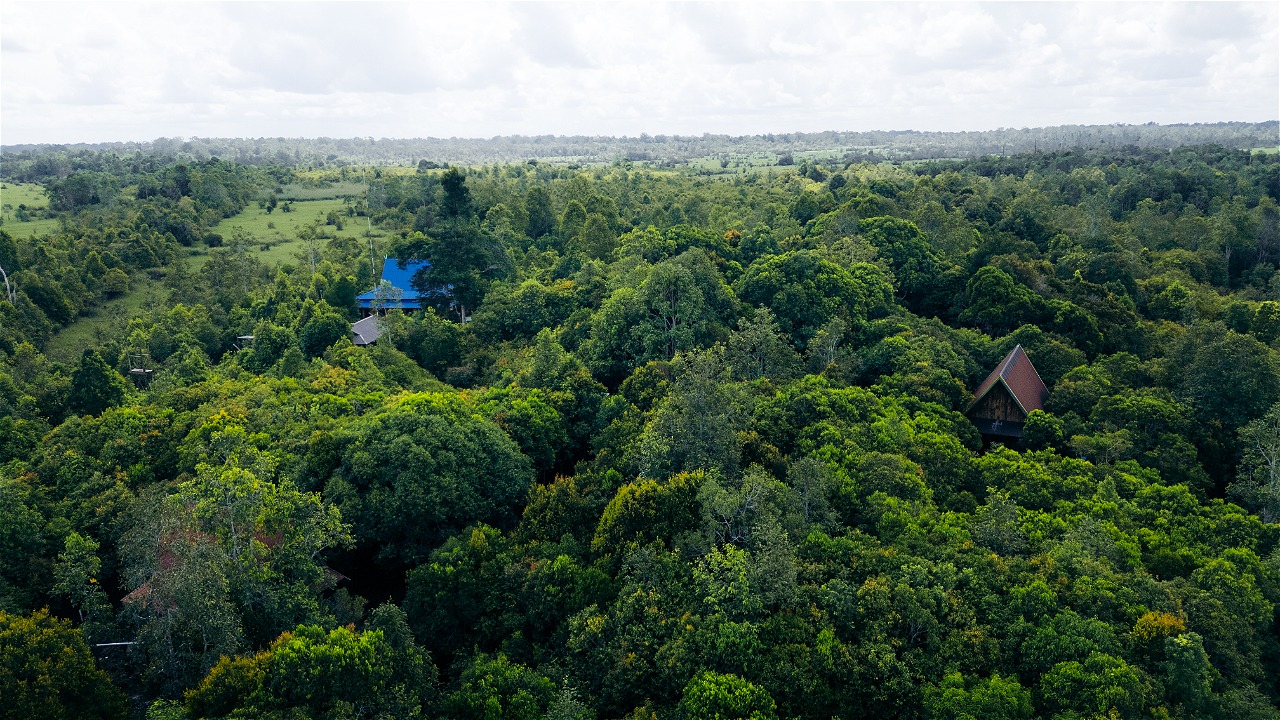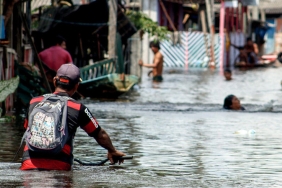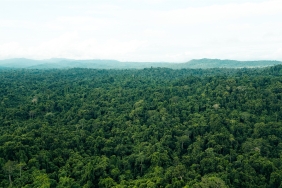BANKS NEED TO IMPLEMENT FINANCING POLICIES THAT PROTECT WORLD HERITAGE SITES
Gland, Switzerland: A new WWF report suggests that, despite the good practices already in place by banks globally. Currently no bank has implemented policies strong enough to protect World Heritage sites.
WWF's survey of UK residents found that 66 percent of people expect their bank not to fund any activities that would result in damage to World Heritage sites.
Despite the highest level of protection by the United Nations, nearly half of the world heritage sites listed for biodiversity protection are threatened by the dangers of industrial practices such as oil-gas exploration and mining. As providers of capital, banks lend to companies whose activities have the potential to cause damage to world heritage sites, unless they implement specific and strong enough policies to protect them. On average these sites are home to some of the world's most endangered species, such as elephants, tigers and rhinos, and support sustainable livelihoods for more than 11 million people.
Aslihan Tumer, WWF Global Campaigns Chair, said:
"From the Galapagos Islands to the Great Barrier Reef, UNESCO world heritage sites are some of the most extraordinary places on earth. We must do everything we can to protect these unique sites, but shockingly nearly half of natural and mixed sites are currently under threat from harmful industrial activities. Banks are uniquely placed to prevent this by ensuring that they do not lend to companies that could cause irreparable damage to these sites.
For the Indonesian context, banks can apply responsible financing transaction policies to their clients whose operations are in the vicinity of UNESCO-listed world heritage sites that need to be protected including Lorentz National Park, Ujung Kulon National Park and Komodo National Park as well as three National Parks in the Sumatra region, including Gunung Leuser National Park, Kerinci Seblat National Park and Bukit Barisan Selatan National Park. In order to ensure its clients' operations will not adversely affect the presence of these sites.
"Banks need to take steps and bear responsibility to protect the future of world heritage sites. Despite thegood practices that are in place, no major global bank has implemented a strong enough policy to protect these sites. In addition to preventing potential risks to the survival of local communities and endangered wildlife that depend on these sites. Banks have the opportunity to provide their clients with an investment paradigm shift, to look at long-term sustainable economic strategies.
The WWF report - with research conducted by ECOFACT - covers the role of the financial industry in safeguarding critical sites, with recommendations for banks on the key steps that need to be taken to safeguard these sites. The report provides guidance for banks that do not yet have guidelines in place for the protection of World Heritage sites, as well as those that do have policies in place but have not yet implemented them effectively. It includes advice on how to develop, refine and formulate a clear policy to ensure effective implementation and discusses ways to communicate the content of the policy to clients.
The International Council on Mining and Metals (IPL)is committed to not operating in world heritage sites. CEO Tom Butler revealed:
"Our members voluntarily decided in 2003, not to mine or explore in world heritage sites to protect these precious areas. Yet 14 years later, these sites remain at risk from companies and other industries. Conservation of world heritage sites is a collective responsibility that we all including IPL need to be mindful of, in the context of funding, more and more banks are moving to support businesses committed to acting responsibly. This can help ensure the outstanding universal value of these world heritage sites is protected for generations to come."
-0-





